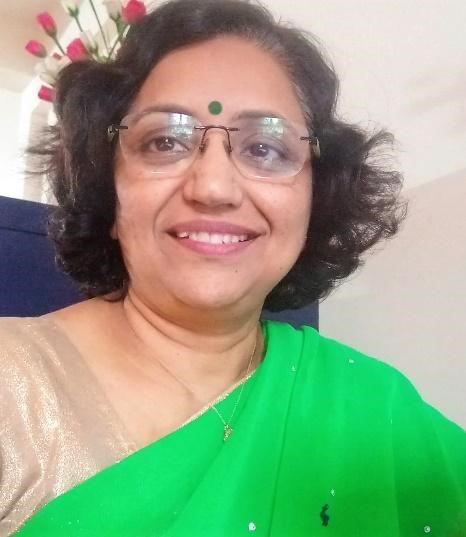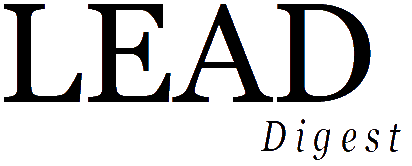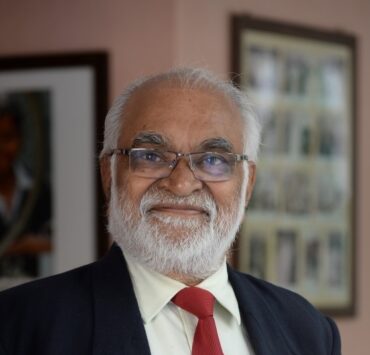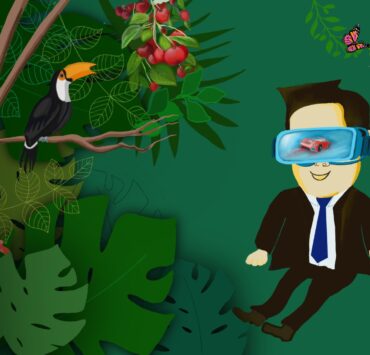WATER LITERACY, DO WE CARE?

Dr Bhakti Devi has worked in the field of sustainable…
Water literacy can be defined in many ways. The Encyclopedia version of the definition is: Water literacy may be considered generally as the culmination of water-related knowledge, attitudes and behaviors. It holds a growing importance for sustainable water resource use and management.
In this article, I start by sharing how and when I became acutely aware of the grossly inadequate level of water literacy in the community, and started feeling the need for propagating water literacy amongst the community. Then, I reflect upon why lack of water literacy is a problem, and also hypothesize the possible causal factors that have contributed to the rampant lack of water literacy. This is with the view to delineate as to where we could be focusing our efforts and time to redress the situation.
Discovering the felt need for Water Literacy
The reflections here are based on engaging with the community as part of the water assignments and projects that I worked on:
- In the high-income country of Australia, during a period of twenty years, working for Australian water utilities and municipalities
- More recently, after relocating to India in 2017, while working in urban towns and cities as well as rural villages, as independent researcher and freelance consultant.

Bhakti Devi
In India, I set out to spend a dedicated few months (which later turned out to be a few years) to engage directly with members of the community to understand how they perceived water, how they made their decisions about water within their homes and community, and what they understood about water. The lack of water literacy was alarming in most communities. They knew very little about how water worked in their building, or how the water system of their city worked.
It also took me back to those years, when I engaged with communities in Australian suburbs as part of my job. I had a similar experience as I found them to not know or understand much about how water worked. Those who attended the community engagement sessions (those few 15-20 of them who would turn up) were the ones who were curious and wanted to learn.
Water illiteracy is ironically a universal leveller as it is found to be prevalent in people regardless of their levels of education, financial status, job status, geographical location, age and gender.
“We don’t understand how the natural water cycle works. Water consumers have been rendered water illiterate by the system that provides us water service”
Why is lack of water literacy a problem?
It is a problem because it has resulted in and continues to lock in solutions, which have perverse outcomes contributing to the growing water crisis. Moreover, water-illiterate people today facing a water crisis are baffled and confused, and do not know how to contribute to the water crisis solution.
Addressing water illiteracy is even more urgent than finding and implementing solutions to the water crisis. The delay in addressing water literacy will result in rushing in and locking in solutions that are ill-informed, ill-suited and not thought through holistically. Water literacy could equip a community with the right set of knowledge, tools and attitudes to select, design and implement solutions that are truly sustainable.
How and why did we arrive at this rampant worldwide state of water illiteracy?
It would be worth reflecting upon this question to find some clues as to where the solution might be found.
In our current world, water is a complex combination of the eternally operating natural water cycle and the relatively recently installed and operating man-made world of water. In this man-made water system, water is trapped and moves between an artificial set of infrastructure consisting of dams, canals, pipes and pumps. Both water-worlds are contrasting and seemingly separate, yet they are intricately connected. Yet the natural water cycle has been least acknowledged, least understood and hence heavily damaged in the making of the engineering water system bringing water from the natural water cycle to our taps.
The engineering objectives of the water system has been to service the habitats and farmlands, offering efficiency, scalability and convenience for the utility managers and water consumers. The pipe network system proved to be highly successful in achieving these objectives. However, the unintended consequence of the piped network system, run largely by monopolistic agencies, has been on two fronts: one at the water consumer level, and the other at the level of the water utility.
How has the result manifested at the water consumer level? Water consumers became disconnected and divorced from the natural water cycle, as well as from the engineered water system. The convenience at consumer level meant that, as a water user, one doesn’t need to know where and how the water travels from nature to one’s tap. Nor does one need to know where the water is finally dumped after one has drained it down the hole in the basin or bathroom.
Over the years, this has resulted in every one of us connected to the well-engineered water system, developing an individual and a collective dysfunction. We don’t any more understand how the natural water cycle works, how the engineered water system works, how much water we are using and how much we are dumping. In essence, water consumers have been rendered water illiterate not by their own choosing but by the system that provides us water service.
How has the consequence played out at the utilities level, which have been predominantly run as a monopoly since their formation more than hundred years ago? The utility agencies have developed an organizational culture that is characterised by habits or fixed approaches to managing water. This culture has proven to be unsustainable, while also displaying a lack of understanding of the natural water cycle, upon which the engineered water system is heavily dependent. The conditioned approach of water utilities is marked by the following features:
- Taking a linear approach of extract-use-dump-repeat in managing water as if it is an infinite resource.
- Addressing the supply-demand deficit (that results from growing demand for water with a rise in population) by narrowly focusing on new sources of supplies to exploit and extract from. Thus, choosing to deplete groundwater aquifers without considering the inter relationship between surface water and groundwater or how the aquifers can be recharged while extracting water from them.
- Ignoring the fact that the supply-demand deficit is also a function of water demand, and hence requires examining the demand. Optimising the demand can also be a way of managing the supply-demand deficit prior to augmenting the supply side.
- Ignoring the complex interaction and interrelationship with water, vegetation and soil within the water cycle, within the catchment, and the built form.
- Managing water simply as a set of infrastructure assets while losing the focus of the service that the assets are ultimately designed to provide the community they serve.
In conclusion, water illiteracy at the level of water consumers and at the level of water utilities is a challenge that needs to be urgently addressed before the water crisis becomes irreversible, and we enter a downward spiral towards desertification. Learning that water illiteracy is a consequence of the water system design, new water systems need to be designed. The new water systems would also be able to solve water illiteracy by ensuring that they:
- consider in their design the intimate interconnection of water with the local land/soil and vegetation as a critical element of the natural water cycle.
- incorporate circularity principles by designing out waste and pollution.
- prioritise water demand management by incorporating and demanding water efficiency at the water consumers’ level.
- are co-designed with the community, as small decentralised systems that are visible and can be easily engaged, co-owned and co-managed by water consumers.
About the author: Dr. Bhakti Devi is the CEO of Jal Smruti – a water impact enterprise which puts water literacy at the core of its mission to realize the vision of a water prosperous world. She has worked in the field of sustainable water management for more than thirty years across diverse functions. She has worked across two water-significant countries, namely Australia – the driest continent on earth, and India – one of the most water-stressed nations in the world. Dr. Bhakti relocated to India after 25 years of working as an active water professional in Australia, to focus on contributing her experience and skills for the cause of water mission in India. Know more about her by clicking on the author link at the top-left of the article.
The author acknowledges Mylene Turban of Transition Bondi and Group Capt. Aanand P Naidu, Executive Director of Jal Smruti for reviewing the draft article and offering suggestions.
What's Your Reaction?
Dr Bhakti Devi has worked in the field of sustainable water management for more than thirty years across diverse functions that include - process engineering and operations, sustainable water planning, policy and strategy, designing sustainable water program, research and capacity building. She has worked across two water-significant countries, namely Australia - the driest continent on earth, and India - one of the most water-stressed nations in the world. She was instrumental in leading the making of the ground-breaking Decentralised Water Master Plan for City of Sydney - a local municipality without a brief to plan or strategize for water and yet sought to influence the Australian water sector stakeholders with its visionary masterplan. She holds a bachelors in Civil Engineering, a masters in Environmental Engineering and a PhD in Water Resources Management. Dr. Bhakti relocated to India after 25 years of working as an active water professional in Australia to focus on contributing her experience and skills for the cause of water mission in India. Her experience working in the cutting edge of sustainable water management has shaped her views and position on water management. She is a strong advocate of community led and community centric decentralised water systems, and considers solving for widespread water illiteracy even more urgent than solving for the water crisis. Dr Bhakti has recently founded the NGO, Jal Smruti which is dedicated to the cause of restoring the local water cycle by collaborating with local action takers to enable local water actions, top influencers and decision makers to enable the right water policies and strategies. The newly launched Youth Champions Program for Local Water Action is a four-week mentoring program for creating on-field local youth water warriors and leaders. Water literacy is at the heart of all Jal Smruti programs.



